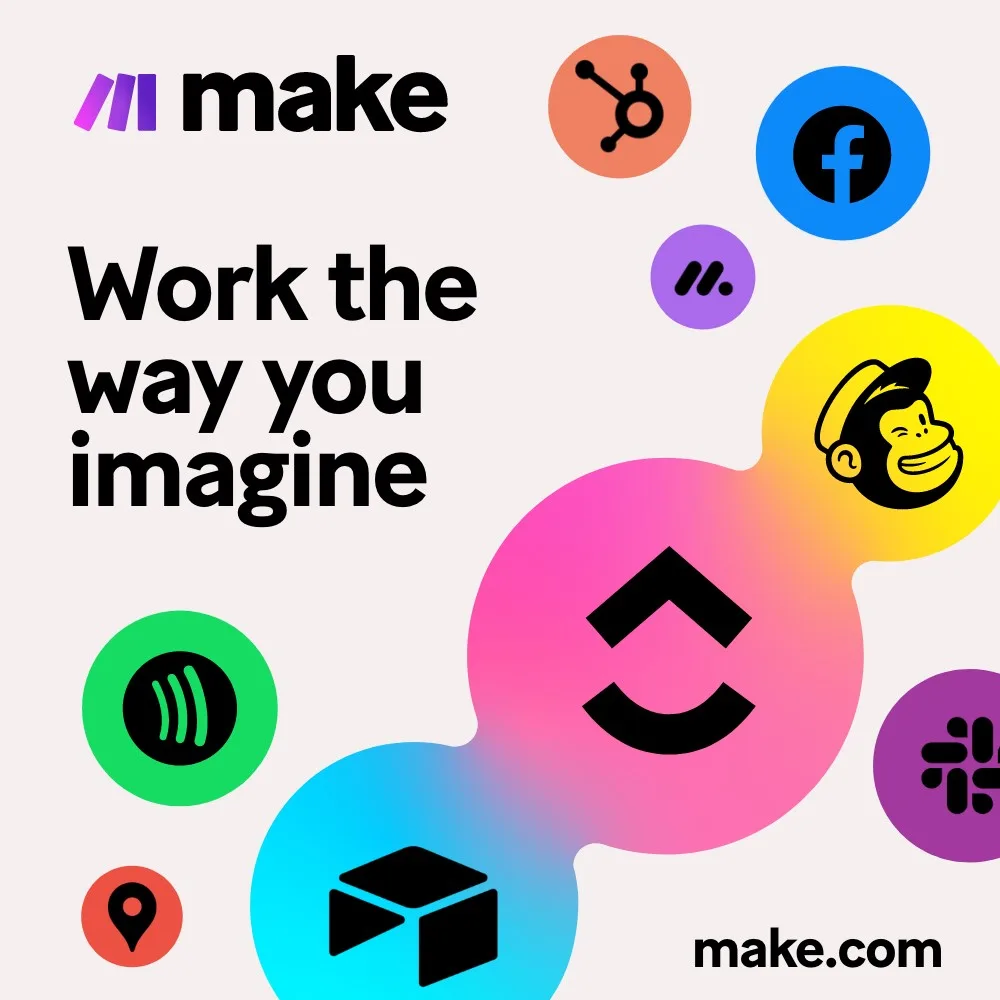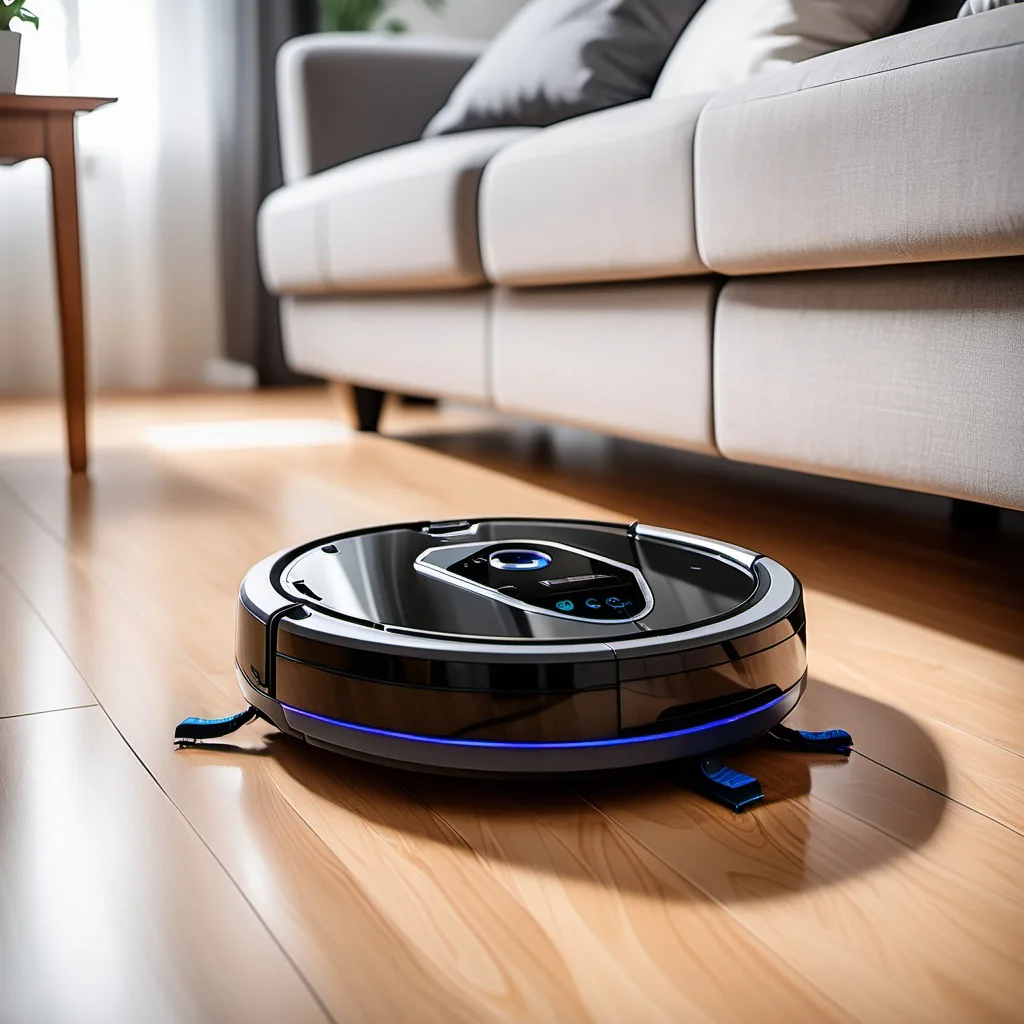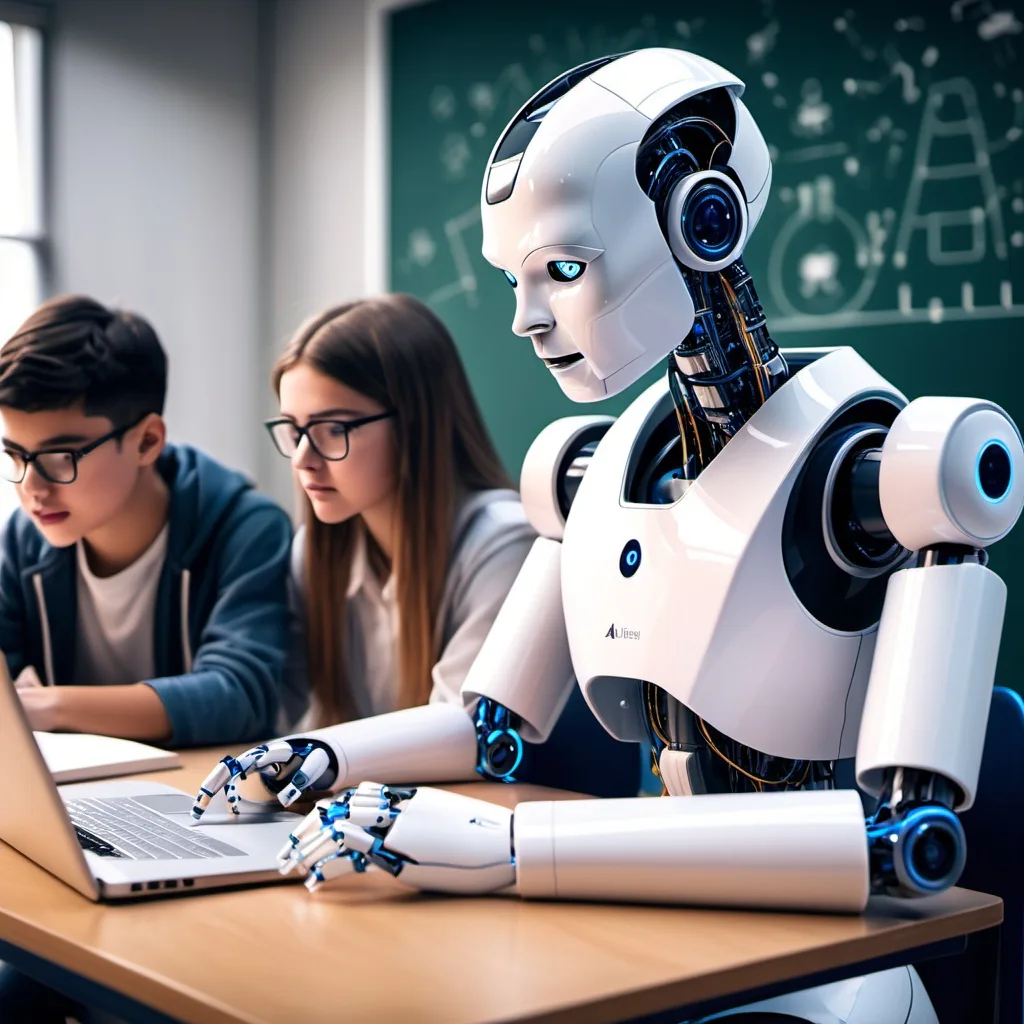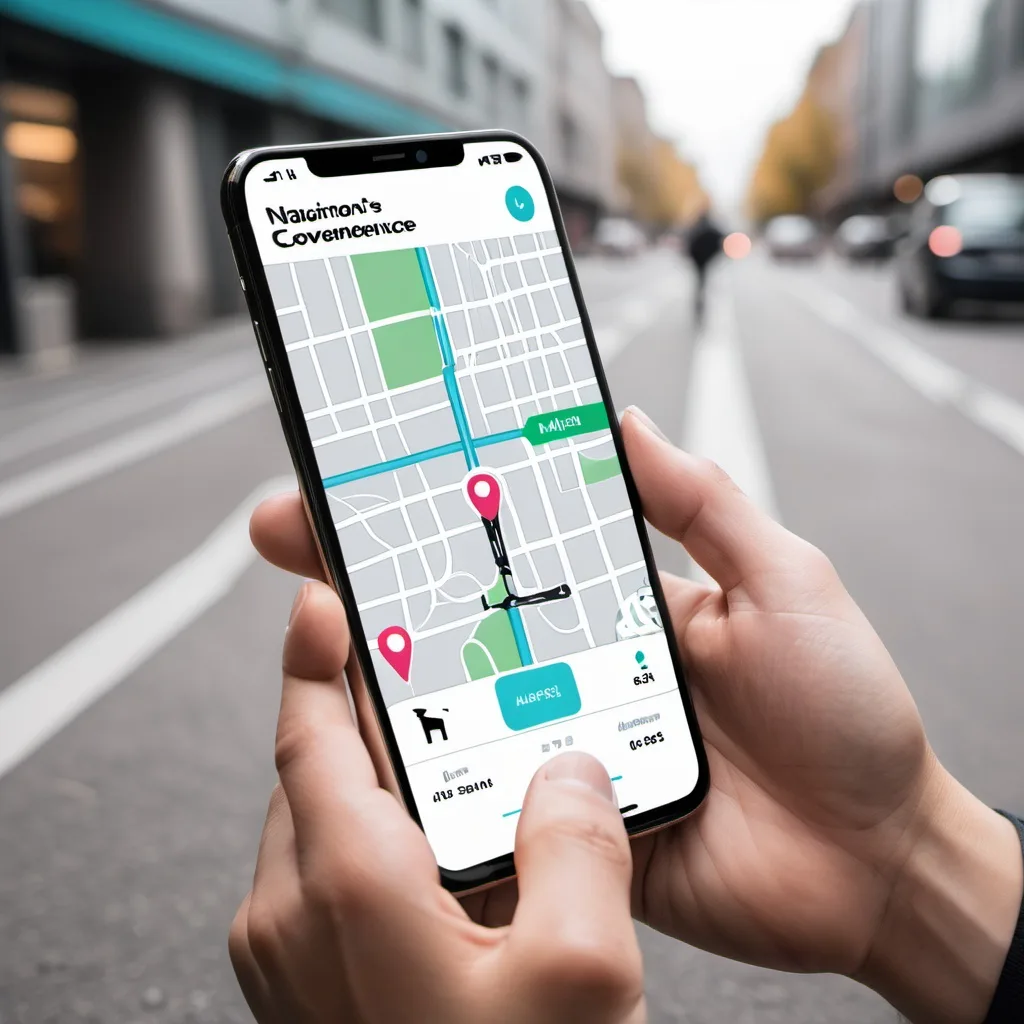Artificial Intelligence (AI) has undoubtedly transformed the way we live, work, and interact with the world around us. From smart homes that anticipate our needs to personal assistants that manage our schedules, AI is seamlessly woven into the fabric of modern life. While it brings undeniable benefits like convenience and efficiency, there’s an ongoing debate about its long-term effects on human behavior. One burning question that has emerged is, how does AI make humans lazy? Let’s dive into the subtle (and not-so-subtle) ways AI might be encouraging us to take the easy way out.
What is AI?
Before addressing how AI might make us lazy, let’s clarify what we mean by AI. Artificial Intelligence refers to machines or systems designed to mimic human intelligence. These systems can learn from data, make decisions, and do tasks typically requiring human intervention, like recognizing speech or making predictions. AI has evolved rapidly, from basic computing to sophisticated algorithms capable of automating everything from driving cars to diagnosing medical conditions.
AI’s Role in Daily Life
Today, AI powers much of what we use daily—whether it’s our smartphones offering auto-suggestions or virtual assistants like Siri and Alexa, responding to our voice commands. Even tasks like recommending TV shows or groceries are now handled by AI algorithms. With such ease at our fingertips, it’s no wonder people are increasingly becoming dependent on AI.

Convenience vs. Over-Reliance
The main purpose of AI is to make our lives easier, but there’s a fine line between convenience and over-reliance. At first glance, delegating tasks to AI seems harmless, but this convenience often comes at the expense of effort. Why make decisions when an algorithm can do it for you? Why perform tasks manually when a machine can do it faster? As AI handles more of our day-to-day operations, our role shifts from being actively involved to passive participants. This passive participation is one of the key ways AI makes humans lazy.
AI and Physical Laziness
Let’s start with the most obvious: physical laziness. AI-powered automation in homes and workplaces means we’re moving less. Consider how smart home systems adjust your thermostat, turn off lights, or even vacuum your floors without any effort on your part. Self-driving cars promise to make even commuting an activity that requires no physical effort. These innovations, while helpful, reduce the need for us to move or act on our own, creating a more sedentary lifestyle.

AI and Mental Laziness
It’s not just our bodies that AI is taking over—it’s our minds too. AI is reshaping how we approach problem-solving and decision-making. Need an answer? Just ask Google. Need directions? Let your GPS guide you. With AI doing the heavy lifting, we no longer need to engage our critical thinking or memory as much. When every answer is a click away, the need to remember, research, or reason things out diminishes.
The more we rely on AI to think for us, the less we challenge our brains. Studies have shown that over time, this can lead to a reduction in cognitive abilities, as our minds become accustomed to the ease of AI assistance.
The Dangers of Reduced Creativity
Creativity is another area where AI threatens to make humans lazier. With tools like AI art generators, automated writing software, and algorithmically composed music, even creative industries aren’t immune to automation. While these tools are helpful, they also risk reducing the need for human creativity. Why spend time painting or writing when an AI can do it faster and sometimes better? As AI takes over more creative processes, it could result in fewer people exercising their creative muscles.
AI in Education and Learning
AI’s presence in education is growing, with learning platforms offering personalized tutoring and automated assessments. While these systems adapt to individual students’ needs, there’s a risk that they encourage passive learning. Instead of actively engaging with material, students may become dependent on AI tools to provide answers or explanations. This spoon-feeding of information can diminish curiosity and the drive to solve problems independently.

AI in the Workplace
In the workplace, AI can streamline processes, handle repetitive tasks, and even make strategic decisions. While this boosts efficiency, it can also cause employees to disengage from developing new skills. If AI systems handle complex tasks, employees may become less motivated to learn or innovate. Over time, this could lead to a workforce that is less skilled and less creative, simply because AI is doing the hard work.
The Impact of AI on Motivation
With AI handling many routine tasks, self-motivation becomes harder to maintain. If you know an AI system will remind you of meetings, manage your calendar, or even provide suggestions for what to eat, you may become less proactive in planning and organizing your own life. This reduction in effort impacts personal growth, as individuals lose the drive to push themselves or develop new habits. In other words, we start to lose our motivation to do things ourselves.
AI and Human Behavior
AI doesn’t just make us lazier in terms of tasks; it also affects our social interactions and habits. Many people now rely on AI-powered communication tools, like chatbots, to manage customer service, for instance. Social media algorithms dictate what we see and engage with, reducing the effort we once put into discovering new ideas or connecting with others.
How Technology Has Made Humans Lazy Over Time
It’s essential to recognize that AI isn’t the first technology to make us lazier—it’s just the latest in a long line. From the invention of basic tools to the development of machines, humanity has always looked for ways to reduce effort. AI is simply the next step in this evolution, but with far-reaching consequences because it affects both our physical and mental capacities.

Is All AI Bad?
While it’s easy to focus on the negatives, not all AI is inherently bad. AI has brought about significant advancements in healthcare, education, and safety. The key lies in how we use it. If AI is used to complement human abilities rather than replace them, it can enhance our lives without leading to laziness. The problem arises when we hand over too much control and stop engaging with the world actively.
How to Avoid Falling into the AI Laziness Trap
So, how can you avoid falling into the AI-induced laziness trap? The answer lies in moderation. Use AI tools for what they are designed to do—make life easier—but don’t let them take over completely. Challenge yourself to remain engaged, whether that means thinking critically, staying physically active, or being creative. Set limits on how much you rely on AI, and you’ll find that you can enjoy its benefits without losing your edge.
Conclusion
AI is a double-edged sword. On one hand, it offers unprecedented convenience and efficiency, but on the other, it encourages laziness—both physical and mental. While AI is here to stay, it’s up to us to ensure we don’t become too dependent on it. By remaining active participants in our own lives, we can harness the power of AI without falling victim to its pitfalls.
FAQs
Why does AI cause laziness?
AI causes laziness by automating tasks that humans once had to perform manually, reducing the need for physical and mental effort. Over time, this can lead to an over-reliance on AI, where people prefer letting machines handle tasks, thus becoming more passive and less engaged.
How has technology made humans lazy?
Technology has made humans lazy by simplifying and automating tasks, reducing the need for manual labor and critical thinking. From washing machines to smartphones, technological advancements have always aimed at making life easier, but they also encourage a lifestyle of minimal effort.
How does AI affect human behavior?
AI affects human behavior by altering decision-making, reducing critical thinking, and fostering dependency. As we rely more on AI for routine tasks, our ability to problem-solve, engage socially, and stay motivated can diminish.
How does AI reduce human effort?
AI reduces human effort by automating tasks, providing instant solutions, and making decisions for us. From virtual assistants that manage schedules to AI in factories handling production, humans are required to do less work, both physically and mentally.
How does AI affect motivation?
AI affects motivation by handling tasks that previously required effort and discipline. When AI systems take care of reminders, chores, or even decision-making, people may feel less driven to take initiative or develop their self-discipline, leading to reduced motivation.
Why is AI bad for students?
AI can be bad for students because it promotes passive learning. When students rely on AI to answer questions, offer solutions, or complete tasks, they miss out on developing critical thinking, problem-solving skills, and independent learning strategies.
Do you think inventions are making people lazy?
Yes, many inventions, while designed to make life more convenient, contribute to human laziness by reducing the need for physical and mental exertion. Tools like smartphones, AI systems, and household appliances automate tasks that used to require effort, leading people to become more passive in their daily routines.
Can AI manipulate people?
Yes, AI has the potential to manipulate people, especially through algorithms that target personalized content on social media, advertisements, and even political campaigns. By tailoring information based on individual preferences, AI can influence decisions, opinions, and behaviors without people being fully aware of it.
What are people who don’t use technology called?
People who avoid or reject modern technology are often referred to as technophobes or Luddites. These individuals may intentionally steer clear of using advanced technologies due to personal beliefs, concerns about privacy, or simply a preference for a more traditional way of living.
People Also Read